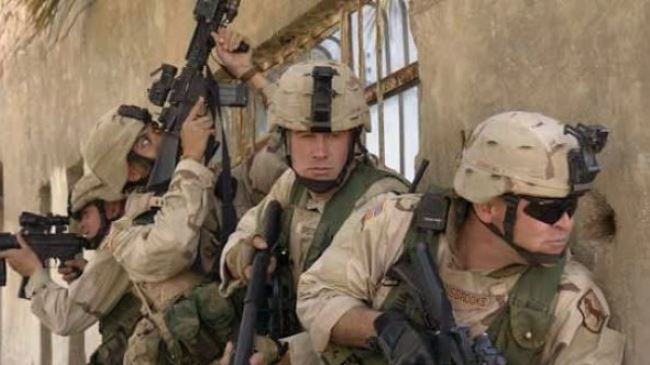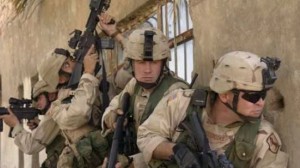
Press TV has conducted an interview with Dr. Wilmer Leon, professor at Howard University form Washington, about the escalating violence in Iraq and Syria and the role US government is playing in them.
What follows is an approximate transcription of the interview.
Press TV: I wanted to ask you about this latest move President Obama, how do you assess its significance going forward, especially because Obama says he is not supporting “terrorists’ actions at least in Syria”?
Leon: Unfortunately, the United States does not have a very good track record. When it comes to supporting moderate opposition, whether that be in Libya, whether that be in Egypt, whether that be in Iraq, the United States does not have a very good track record in doing this. And a lot of it has to do with the fact that the policy for the United States tends to be based upon the idea of the enemy of my enemy is my friend and when ask people like Senator John McCain who says he has been to Syria and talked to the moderate rebels who they are, he doesn’t know. If you ask President Obama who they are, he doesn’t know.
So, by their own admission, they have been, from what I’ve read, they have been engaged within activities with Al-Qaeda, they have said they do not consider Al-Qaeda to be their enemy, but I thought that Al-Qaeda was the enemy that the United States was fighting against as it went into Afghanistan as well as Taliban and as it went into Iraq.
So, this policy seems to be baseless. It seems to be rudderless, it seems to be directionless.
Press TV: So the question here is why, why would the world superpower have such a confused policy towards insurgents, towards terrorism?
Leon: I think primarily because the United States does not really take time to understand the history and the cultural aspects of the conflicts that it inserts itself into. And so when you don’t really understand the history and cultural dynamics that are at play, you wind up in, I think, in most instances making a bad situation worse.
You wind up exacerbating the situation because you are operating on a current, you know you are looking at a current conflict and you think you are resolving a current conflict but you don’t really understand the historical roots of it.
And the other thing is that the United States all too often is so interested in its own economic and energy issues that it fails to take into account what really matters to the people who are suffering on the ground.
There is an African proverb that says when the elephants fight, the weeds suffer. And so, that I think is what we are having here because this also seems to be a proxy battle between the Unites States and Russia and I don’t think it’s a coincidence that as ISIS is gaining ground in Iraq, that the United States is now injecting itself more in Syria.








